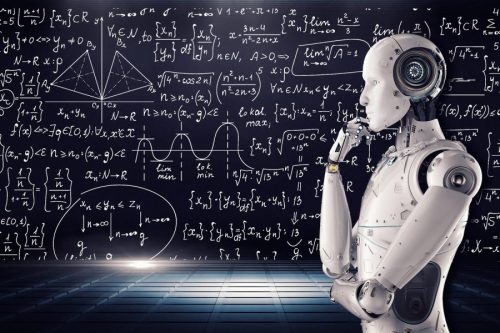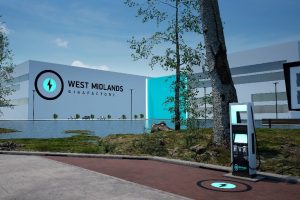West Midlands teams named as finalists for £1m Manchester AI prize

Ten teams from across the country have been selected as finalists for the inaugural Manchester Prize, an award recognising breakthroughs in AI for public benefit.
The Prime Minister announced the finalists as the AI Seoul Summit kicked off today (Tuesday, 21 May).
Each of the finalists are seen as pioneers in the next wave of AI innovations in energy and the environment and have been awarded £100,000 to develop their solutions over the next eight months.
Among the finalists are two West Midlands organisations – Evophase from the University of Birmingham and Aiolus from the University of Warwick.
EvoPhase will employ AI algorithms and simulations to craft efficient mixing blades and blending vessels, offering potential cost and energy savings across different equipment such as mills, dryers, and tanks.
Meanwhile, Aiolus aims to revolutionise the wind energy sector with AI. A team of 20 students and postdocs from the University of Warwick will integrate AI into wind energy processes for optimisation, digitalisation, and integration. This aims to enhance wind energy cost-effectiveness, mitigate wake effects, and ultimately increase energy production.
Dr Hayaatun Sillem CBE, chief executive of the Royal Academy of Engineering and Manchester Prize judge said: “British innovators have been pivotal to the advancement of computer and information technology that has transformed the world we live in.
“AI has the potential to support productivity, improve delivery of public services, make our national infrastructure work better, and accelerate the transition to a net zero economy. Choosing only ten finalists from such a diverse field of applications was tough; picking a winner will be even harder. I’m looking forward to seeing how the ideas develop in the next few months.”
One of these ten teams will go on to win the grand prize of £1m next spring, continuing the initiative’s goal of fostering cutting-edge AI developments for the greater good.
The prize focuses on AI applications in energy, environment, and infrastructure.
Among the finalists’ projects are innovations addressing food security, improving solar energy integration into the electricity grid, and revolutionising battery manufacturing.
These breakthroughs hold the potential to significantly impact public welfare and advance sustainable practices.









